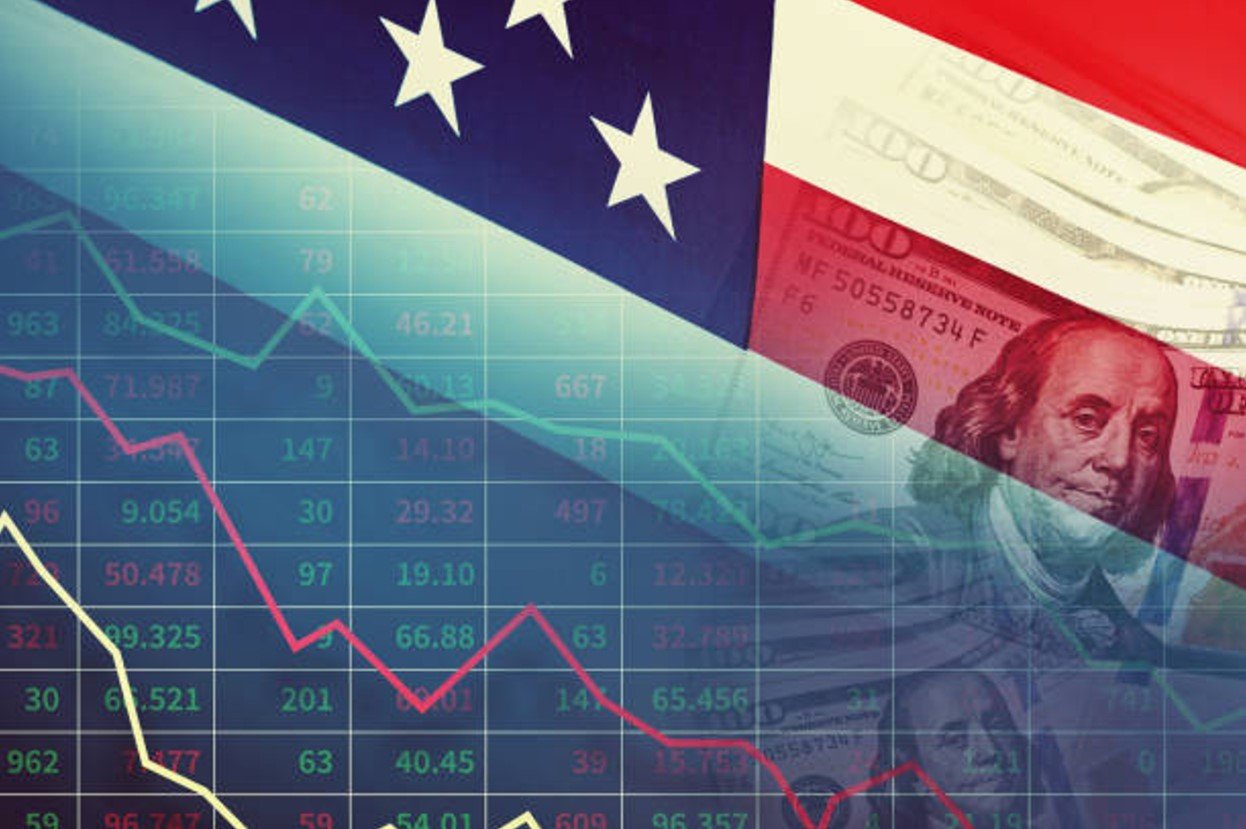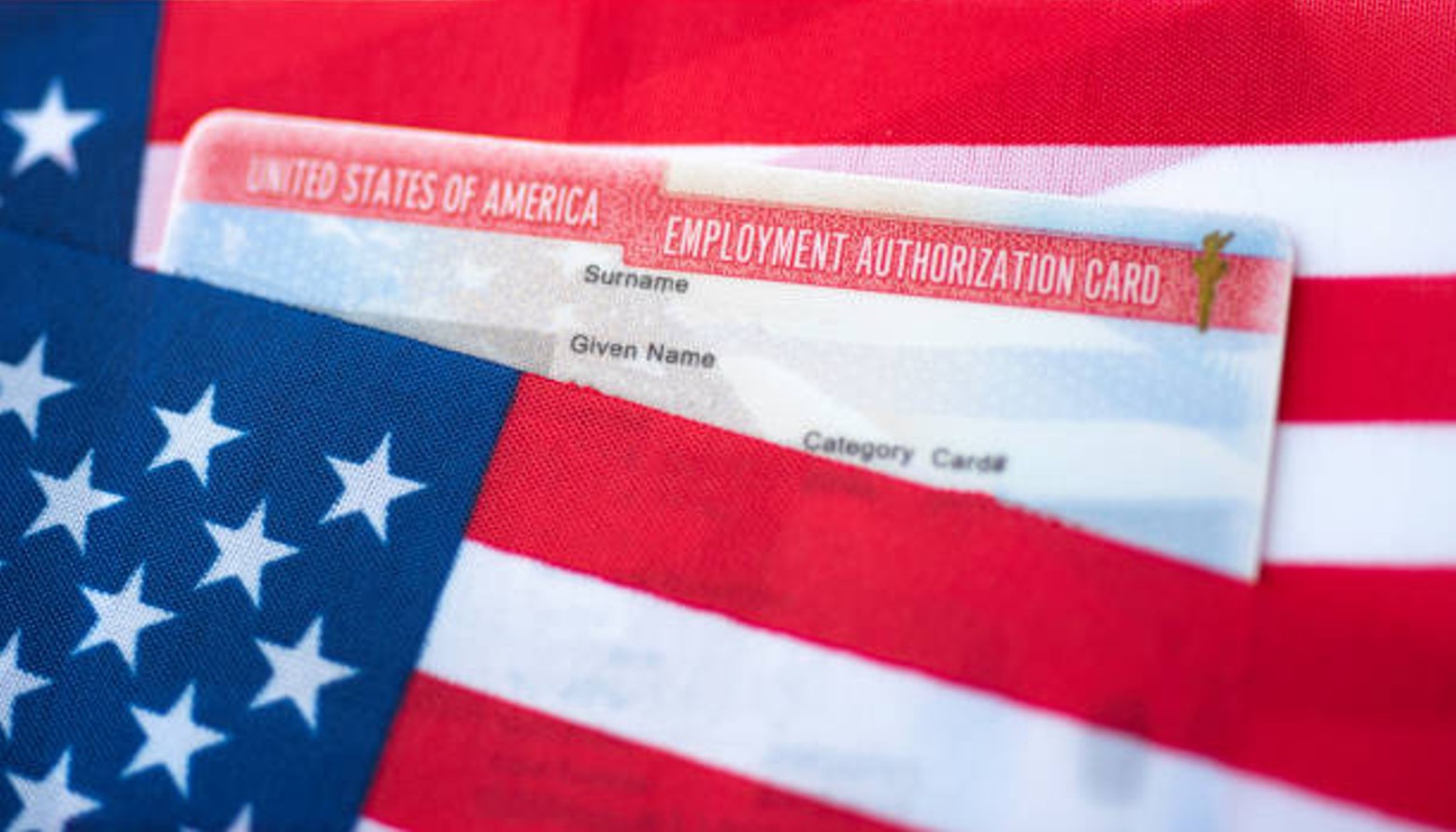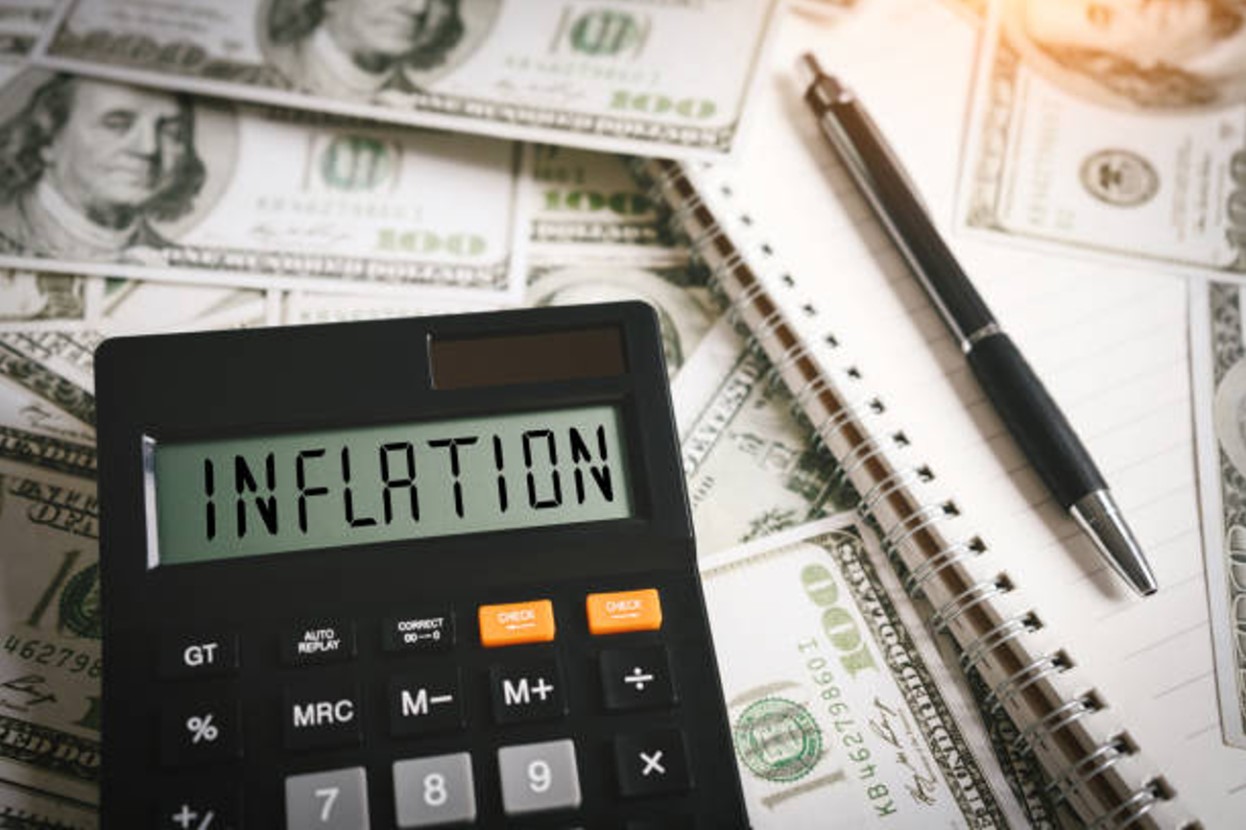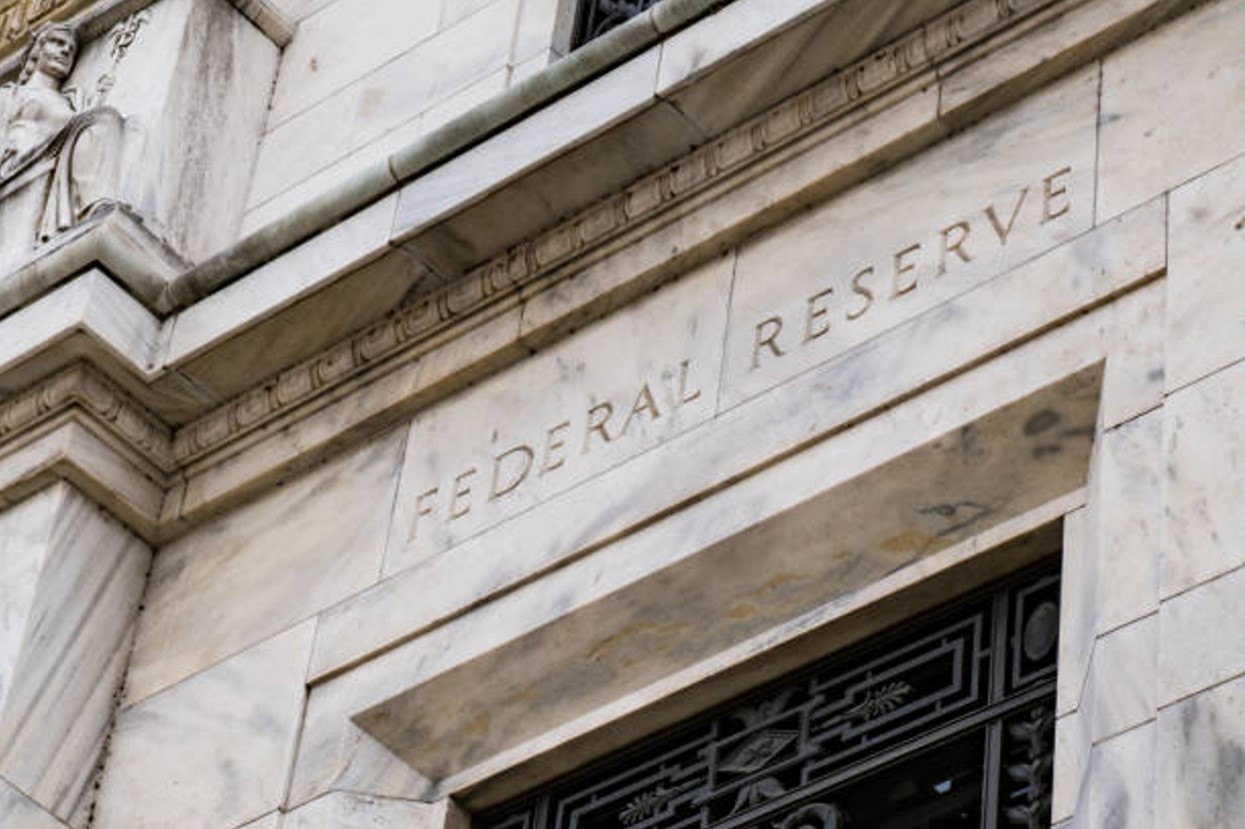Trump’s Immigration Plans Could Backfire on the U.S. Economy and Tank the Job Market
The countdown to the 2024 U.S. presidential election has already begun. There are only six months left until either Donald Trump or Joe Biden spends another four years in the Oval Office.
Each candidate has a very different plan for the United States, especially for the on-going immigration issue. Trump says he will deport anywhere between 15 million and 20 million people if he wins the race, but financial experts are worried about what this grand plan will do to the nation’s already unstable economy.
Trump’s Announcement to Deport 20 Million People
Donald Trump has never been shy regarding his feelings toward immigration. The former president and candidate for 2024 told Time that he would be deporting anywhere between 15 million and 20 million undocumented immigrants if he is elected this year.

Source: Depositphotos
When asked if Trump would implement the military to enforce this massive deportation, he responded, “It would, [and] when we talk military, generally speaking, I talk National Guard.”
Trump Needs Congressional Approval to Use the Military Against Citizens
The Posse Comitatus Act, signed by President Rutherford B. Hayes in 1878, limits the federal government’s use of the U.S. military, including the U.S. Army, Air Force, Navy, Marine Corps and National Guard, to enforce domestic policies among its citizens.

Source: iStock
So technically, Trump doesn’t have the legal right to send the National Guard to execute his orders against Americans. But as Trump explained, “[Undocumented migrants] aren’t civilians. These are people that aren’t legally in our country. This is an invasion of our country.”
Financial Experts Are Worried About Trump's Deportation Plan
While millions of Americans are against Trump’s plan solely for its lack of humanity, financial experts have a different concern. They believe that deporting millions of people could cause an economic crisis or, worse, a complete collapse.

Source: iStock
Some economists argue that the supply of native-born workers simply cannot meet the demand of the nation’s businesses. So without non-American employees, there will be an intense shortage of workers and, therefore, a substantial jump in inflation.
Economists Say Immigrants Are Necessary for the U.S. Economy
According to the Committee on Education & the Workforce, some 8.8 million undocumented immigrants are currently working in the United States. And thanks to obtaining their work visas, many more migrants are employed legally. In fact, immigrants make up nearly 20% of the American workforce.

Source: iStock
As chief economist at Moody’s, Mark Zandi, told CNN, “If he follows through in deporting a significant amount of immigrants, that’s going to be very difficult for businesses. It’s going to cause them to raise wages and prices.”
Wouldn’t Fewer Migrant Workers Mean More Jobs for Americans?
Understanding the nuances of the economy, and specifically, the nation’s labor force, can certainly be challenging. Many may wonder: Wouldn’t fewer migrant workers mean more jobs for Americans, not less?

Source: Freepik
However, according to the experts, that is simply not the case. Because hundreds of thousands of U.S. businesses utilize the millions of migrant workers to keep their business running, without them, there will be thousands of closures. That means fewer jobs for everyone, including native-born Americans.
Inflation Will Continue to Increase if the Job Market Suffers
If the job market suffers, which it almost certainly will if Trump goes ahead with his deportation plan, inflation will undoubtedly increase.

Source: iStock
Joe Brusuelas, a chief economist at RSM, explained, “In reducing the flow of workers, it’s likely we would face a serious shortage of workers and a renewed bout of inflation. You would drive the unemployment rate down to 3%, and wages would pop. You’d get classic inflation.”
The Cost of Living in the U.S. Is Already Astronomical
While a rising inflation rate is always concerning, it’s especially distressing right now as Americans are already paying more to live in the great United States of America than ever before.

Source: Depositphotos
Zandi noted, “Most Americans view [the current] high inflation and high prices as unfair. It’s a rip-off. How is it possible I’m paying more for something – a lot more for something – today than three years ago?”
The Federal Reserve Will Be Forced to Borrow More Money
In order to combat the resulting increase in inflation, the Federal Reserve would then be forced to borrow even more money to try to keep the rate as reasonable as possible.

Source: iStock
Additionally, the longer the Federal Reserve borrows money to cover rising inflation, the longer American consumers’ costs will stay high. This is truly a domino effect, and the U.S. economy will continue to worsen over the next several years.
Trump’s Policies Are 'Inflationary'
Some say that the majority of Trump’s proposed policies, including the deportation plan, are exceptionally bad for the economy.

Source: @TrumpWhiteHouse/YouTube
Zandi explained, “My sense is President Trump’s policies are inflationary. It’s higher tariffs, it’s more deportations. … I think these things are going to lead to higher prices for American consumers.”
Biden Has Struggled to Curtail Inflation for Four Years
However, there are millions upon millions of Americans who disagree completely. They argue that Trump’s policies are and will be far better for the nation’s economy than Biden’s.

Source: @JoeBiden/YouTube
And they do have some evidence to support their claim. Since Biden took office, U.S. inflation has been both high and inconsistent. As previously mentioned, Americans are unquestionably spending more on rent, groceries, utilities and absolutely everything else than they were when Trump was in the Oval Office.
What’s Next for the American Economy?
Of course, one cannot blame or thank the president for everything. Inflation is caused by a myriad of factors, including global politics, that are completely out of the president’s control.

Source: Freepik
That being said, the fate of America, including its undocumented and documented residents, as well as its economy, is yet to be seen. Whoever does win in November will influence the U.S. economy and inflation rates, for better or for worse.
